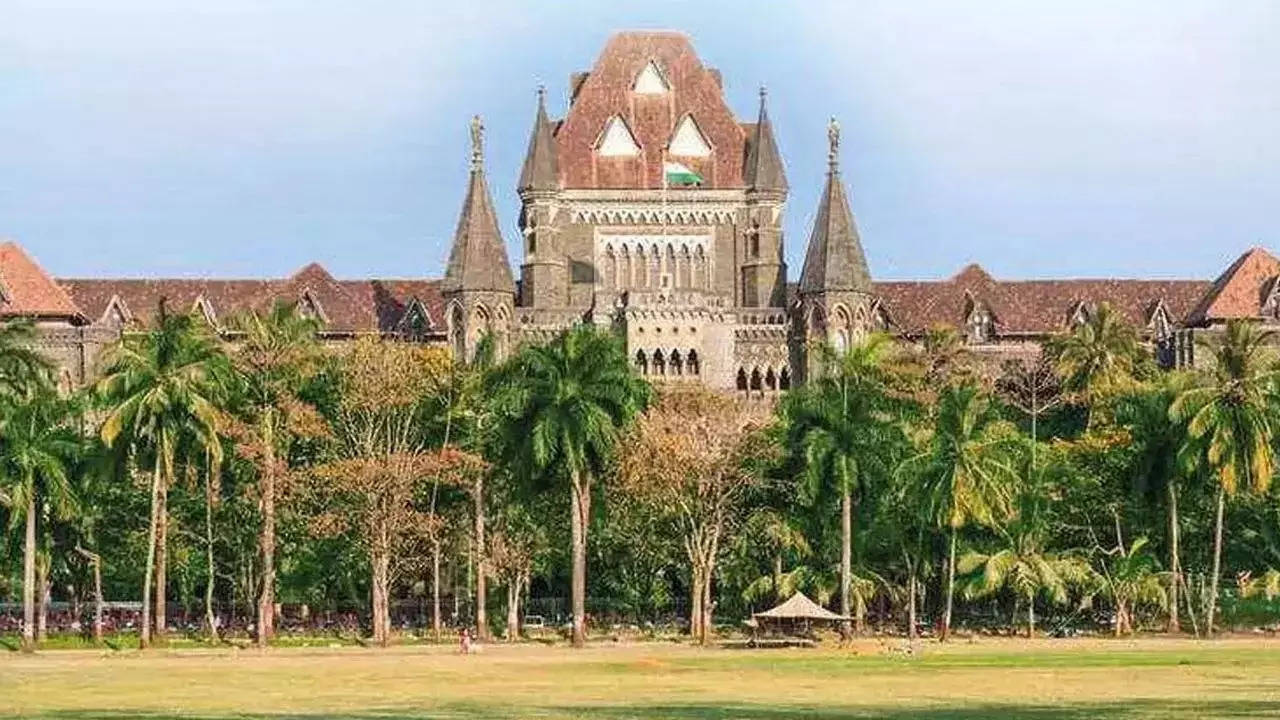MUMBAI: Observing that house arrest curtails the liberty of a person, the Bombay high court released alleged hawala operator Mohammed Farooq Shaikh on bail, noting that he has spent a substantial part of the sentence prescribed for money laundering in custody.
“… according to us, house arrest is ultimately the arrest of a person, whereby his liberty to be a free person is ultimately curtailed by operation of law,” said Justices Ajay Gadkari and Shyam Chandak on Monday, adding “prolonged custody amounts to infringement of Article 21 (Right to Life)…of an accused.” They disagreed with ED’s advocate Hiten Venegavkar that the period of house arrest cannot be taken into consideration for computing the total period of Shaikh’s custody and it must be excluded.
Shaikh was arrested by ED on April 23, 2018 in a Rs 2,253- crore money laundering scam. In June 2019, the HC directed him to be kept in house arrest as his wife was unwell. On ED’s appeal, the Supreme Court in July 2019 continued the HC order. On April 28, the SC dismissed ED’s plea to vacate the interim order. Shaikh moved HC to quash the Enforcement Case Information Report.
Senior advocate Rajiv Chavan, for Shaikh, said he has been in custody for over five years and eight months for an offence punishable with maximum 7 years. He said the trial court has not framed charges and the trial is unlikely to complete in near future. Chavan urged that Shaikh be released on bail pending hearing of his petition. Taking note of the situation at the trial court, the judges said the incarceration undergone by Shaikh “has exceeded a substantial part of the prescribed sentence” and he “has already completed three-fourth of his sentence, if convicted and sentenced…”
“The fact on record remains that the petitioner is in custody/house arrest for more than five years and eight months for an offence wherein the maximum punishment prescribed is seven years,” they concluded.
They directed Shaikh’s release on a Rs 1 lakh personal bond. He shall not leave the jurisdiction of the high court “without prior permission.”
“… according to us, house arrest is ultimately the arrest of a person, whereby his liberty to be a free person is ultimately curtailed by operation of law,” said Justices Ajay Gadkari and Shyam Chandak on Monday, adding “prolonged custody amounts to infringement of Article 21 (Right to Life)…of an accused.” They disagreed with ED’s advocate Hiten Venegavkar that the period of house arrest cannot be taken into consideration for computing the total period of Shaikh’s custody and it must be excluded.
Shaikh was arrested by ED on April 23, 2018 in a Rs 2,253- crore money laundering scam. In June 2019, the HC directed him to be kept in house arrest as his wife was unwell. On ED’s appeal, the Supreme Court in July 2019 continued the HC order. On April 28, the SC dismissed ED’s plea to vacate the interim order. Shaikh moved HC to quash the Enforcement Case Information Report.
Senior advocate Rajiv Chavan, for Shaikh, said he has been in custody for over five years and eight months for an offence punishable with maximum 7 years. He said the trial court has not framed charges and the trial is unlikely to complete in near future. Chavan urged that Shaikh be released on bail pending hearing of his petition. Taking note of the situation at the trial court, the judges said the incarceration undergone by Shaikh “has exceeded a substantial part of the prescribed sentence” and he “has already completed three-fourth of his sentence, if convicted and sentenced…”
“The fact on record remains that the petitioner is in custody/house arrest for more than five years and eight months for an offence wherein the maximum punishment prescribed is seven years,” they concluded.
They directed Shaikh’s release on a Rs 1 lakh personal bond. He shall not leave the jurisdiction of the high court “without prior permission.”







